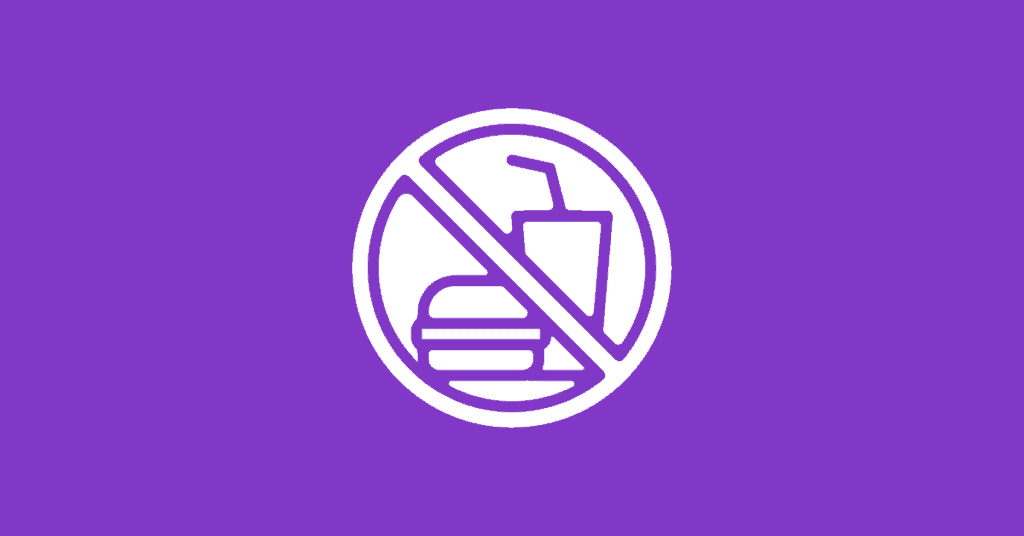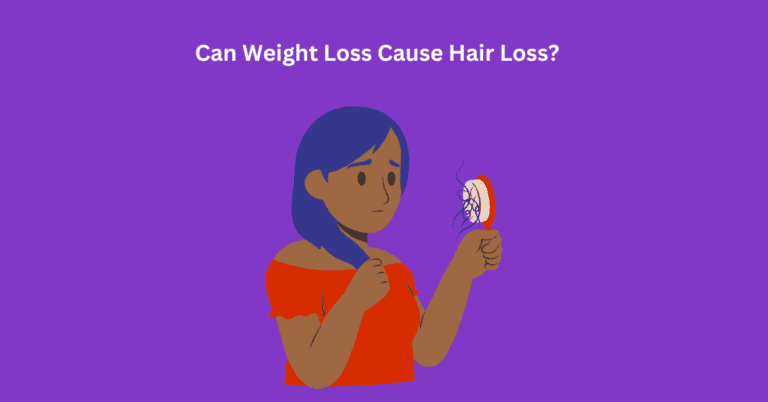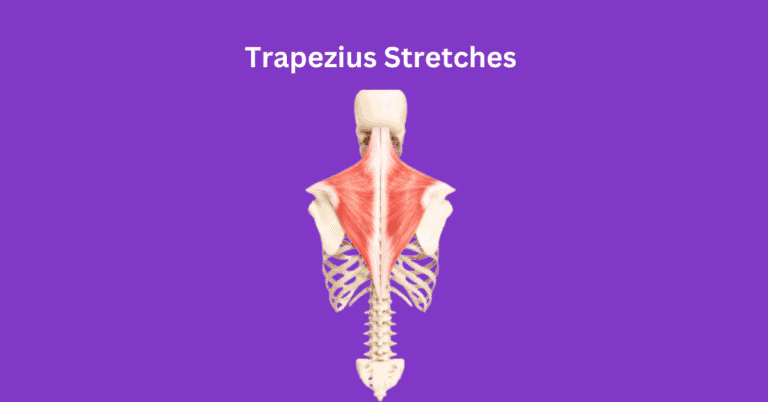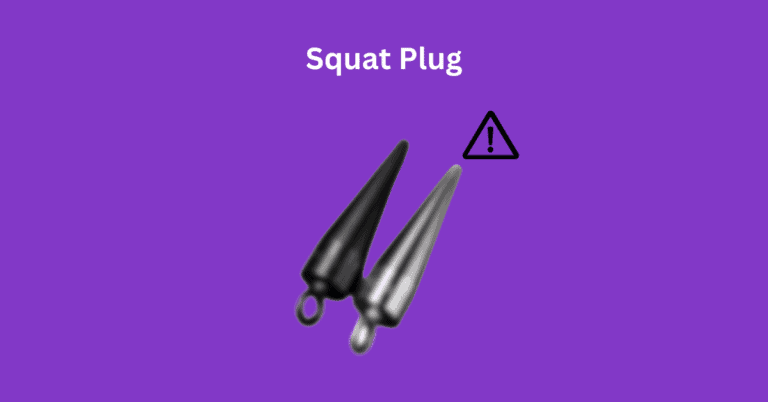Olive Oil For Weight Loss: Does It Work?

Using olive oil for weight loss might sound odd as it’s high in fats & calories~ which are both attributes health professionals tell you to stay away from.
However, olive oil is associated with various health benefits, particularly supporting with weight management.
This is thanks to its high monounsaturated fat contents that have been shown to raise your metabolism and reduce cravings.
Throughout the article, I will explain olive oil’s nutritional composition and its connection to weight loss.
Extraction Process Of Olive Oil
A little detour I know, but I feel it’s only right to explain a little about how it’s produced before diving into their wonderful benefits (p.s you can skip to this part if you want)
Harvesting
Firstly you have to harvest ripe olives at an optimal stage of ripeness to ensure the best quality oil.
This can be done with a traditional method where you hand-pick each one or a more modern mechanical technique.
Cleaning
Once harvested, the olives undergo a thorough cleaning process to remove any impurities such as dirt.
This preserves the purity of the olives by preventing any contaminations.
Crushing or Grinding
After cleaning, the olives are crushed or ground into a paste to break down their cellular structure and release the oil.
This can be done using large millstones, stainless steel rollers, or hammer mills.
Malaxation
The olive paste is then mixed or stirred in a process called malaxation.
Having continuous gentle kneading allows the separation of oil from water and solids.
Oil Separation
Traditional olive oil extraction involves pressing the paste between layers of fiber mat or in a hydraulic press to extract the oil, which is known as cold pressing.
Cold pressing avoids the use of heat and chemicals to preserve the natural flavors of the oil.
Centrifugation
The remaining olive paste is spun at high speed in a centrifuge~ the purpose of this is to separate the oil from the remaining water and solids
Filtration
As a final touch, the freshly extracted olive oil undergoes filtration to remove any remaining impurities, resulting in a clear and pristine final product.
The Link Between Olive Oil and Weight Loss
Olive oil seems to have positive benefits when it comes to weight loss.
Here are some ways to how it contributes:
Appetite Control and Satiety

Olive oil is a rich source of monounsaturated fats, particularly oleic acid.
These healthy fats have been shown to promote feelings of fullness and satiety.
When you feel satisfied after a meal, you are less likely to snack or overeat~ thus reducing overall calorie intake of the day.
Boost Fat Burning
A study has shown that olive oil increases your metabolism rate.
Metabolism is the process by which the body converts food and drink into energy for daily bodily functions.
Increasing your metabolism leads to better conversions of energy, leading to your body burning higher amounts of calories just at rest.
Reduce Inflammations
Inflammation is a normal part of the body’s defense mechanism, however when inflammation becomes chronic and persists over an extended period, it can have negative effects on various systems in the body.
One major factor related to weight gain is insulin resistance.
Insulin is an important hormone responsible for regulating blood sugar levels. Therefore if any resistance occurs, it can cause elevated blood sugar levels making your body produce more insulin than needed.
High levels of it can promote fat storage around the body and lead to easier weight gain.Olive oil has been shown to have anti-inflammatory properties~ helping you keep inflammation in check.
Nutrient Absorption
Your fat-soluble vitamins ~ these include the vitamins A, D, E, and K. They require the presence of dietary fats for proper absorption by the body.
These vitamins are important for keeping healthy immune functions~ any impairment in your immune system can lower your metabolism.
Adding a reasonable amount of olive oil to your meals can improve the absorption of these essential nutrients, supporting overall health while managing your weight.
Mediterranean Diet and Olive Oil Combination
If you are looking for ways to utilize olive oil in your eating plan efficiently then the Mediterranean diet is your best bet.
The Mediterranean diet is constructed by following the eating patterns of countries located in the Mediterranean Sea ~ mainly Spain, Greece, and Italy.
It focuses on whole nutritional-rich foods that provide an array of benefits including improving your heart health.
Besides the use of olive oil, the Mediterranean diet also supports weight management in various ways:
Plenty of Fruits & Vegetables
It emphasizes on consuming plenty of fruits and vegetables.
They are an excellent source of dietary fiber. Fiber keeps you satisfied for longer as it takes more time to digest them in your gut~ helping to curb appetite and reduce overall calorie intake.
The fruits and vegetables are low in calories and packed with essential nutrients including vitamins (C, A, and folate), minerals (potassium and magnesium), and antioxidants.
These provide you with all the crucial nutrients while keeping your hunger and calories in check.
Reduced Processed Foods

Processed foods typically have added sugar, sodium, and artificial additives making them high in calories while often lacking nutrients.
It can also lead to chronic inflammation in the body~ as mentioned previously it can contribute to weight gain and hinder weight loss progress.
By minimizing or eliminating processed foods from your diet, you can create a more nutrient-dense and balanced eating plan, which can support your weight loss efforts.
Moderate Consumption of Fish and Poultry
Fatty fish like salmon or mackerel contain high amounts of omega-3 fatty acids, which have been linked with reducing inflammation and improving your overall heart health.
These healthy fats can play a role in supporting weight loss by promoting a healthy metabolic rate and reducing fat storage.
Leaner types of fish also have their benefits~ they are high in protein.
Protein support in maintaining your muscle mass. As muscles require more energy to sustain them, it will increase your metabolism.
Different Types Of Olive Oil and Their Qualities
In your local supermarket, you will typically have two types of olive oil: Extra virgin olive oil (EVOO), and Olive oil.
Each one has its own distinct characteristics and the quality varies depending on it.
EVOO is considered to be the purest and finest compared to the other olive oil types.
It is obtained solely from the cold pressing of the olives without the use of heat or any chemicals. EVOO also has the lowest acidity level, usually less than 0.8%.
Olive oil is a mixture of refined olive oil and extra virgin olive oil. The refining process removes any defects but also reduces some of the natural flavors and nutrients.
The olive oil is milder in flavor and color compared to EVOO. Its acidity level is slightly higher but it is still below 2%
How To Choose Which One To Use?
As the EVOO is purer than regular olive oil, you might be thinking that this is the one you should be using.
However, there is one more thing to consider which is the smoking point of the oil. The smoking point refers to the temperature when the oil starts burning resulting in a burnt taste.
Due to the olive oil having a higher smoke point, it’s safer to cook with it, whereas EVOO has a lower smoking point, therefore there’s a higher chance of burning away its nutrients and ruining the flavor.
This is why the EVOO is most commonly used for drizzling over salads, dipping with bread, and adding flavor to dishes after cooking, rather than for cooking purposes.
If done carefully you can definitely cook with EVOO. The choice is yours to make…
Drawbacks Of Using Olive Oil For Weight Loss
Even though olive oils can be a valuable addition to a weight loss plan there are a few things you need to be wary of.
Firstly like any other oil, olive oil is high in calories~ each tablespoon contains 119 calories.
Since it has a pleasant taste and it being easy to drizzle it over your foods, your calores can rack up faster than you might notice.
Therefore it is better to measure out your olive oil every time you use it with a tablespoon. This way you can keep track of the amount of calories you are consuming.
Secondly, in rare cases, individuals may experience allergic reactions when consuming high amounts of olive oil.
The symptoms can vary from person to person, but some common symptoms are nausea, skin irritation, vomiting, difficulty in breathing, and swollen tongue.
If you do experience any adverse effects, no matter how small, contact a healthcare professional to see and examine the condition.
Conclusion
Olive oil is a great ingredient for supporting you in your weight loss purposes.
The monounsaturated fat in olive oil has been shown to control your appetite, reduce inflammation, increase fat burning, and help absorb fat-soluble fats, all of which help with weight management.
The Mediterranean Diet and olive oil go hand in hand~ by following the diet you get to experience the benefits of both worlds.
Due to the olive oil being a calorie-dense liquid, keep track of your daily consumption by using a tablespoon.
So enjoy the freshness that the olive oil brings to your dishes while taking advantage of its weight loss properties.



